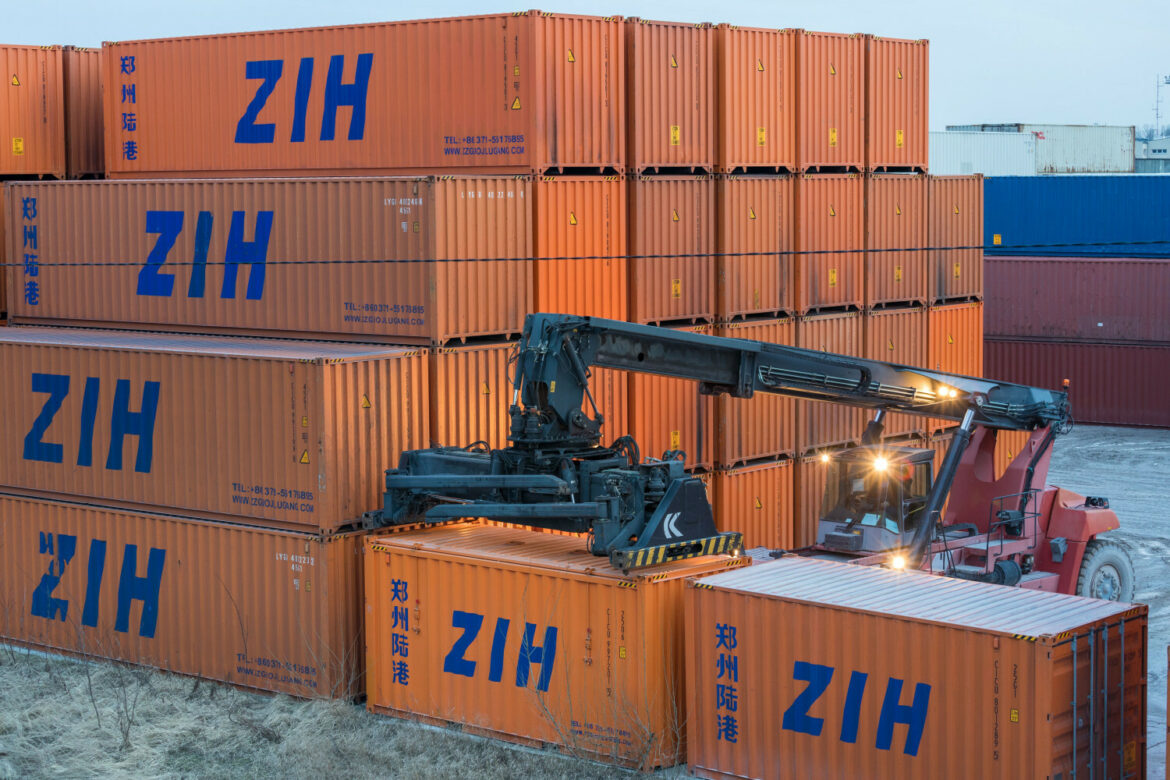The Central European Economic Chamber (CEEC) has launched the New Amber Road (NAR) in a bid to support companies from parts of Europe, and mainly Poland, in their expansion to Africa and the Far East. The initiative is intended to facilitate the entry of Polish products including food into the difficult Chinese market.
CEEC has been active since 2014 and represents 23 Central European countries comprising around 160 million people. The Chamber has already opened North/South offices in Jordan, Oman, Saudi Arabia, Bahrain, Uganda, Tanzania and Rwanda. As part of the New Amber Route, it also plans to sell agricultural surpluses produced by Polish farmers. China and India are also interested in participating.
Historically, the Amber Route was a trade route between the European Mediterranean countries and the lands on the southern coast of the Baltic Sea. After the conquest of the lands along the middle Danube in the 1st century AD the Romans developed the amber trade on a large scale, organising expeditions from Pannonia to the Baltic, especially to Sambia, by several routes. The trade peaked in the 3rd century, and from the mid-4th century the exchange gradually declined.
The launching of the NAR involves the development of trade, science and information corridors, integrating the dynamically developing markets with services in goods, finance, services and economic potential from Central Europe.
“The new Amber Route will facilitate trade on an unprecedented scale. Imagine that the NAR is able to pin down countries with populations in excess of 1 billion people, without including India and China, which are also interested in cooperating on our project. We are already seeing great interest in our project among the countries along the New Amber Route”, said Łukasz Osiński, president of CEEC.
The project is co-financed by the European Union and is also supported by local governments, financial funds and other organisations or companies.
Arkadiusz Słomczyński





